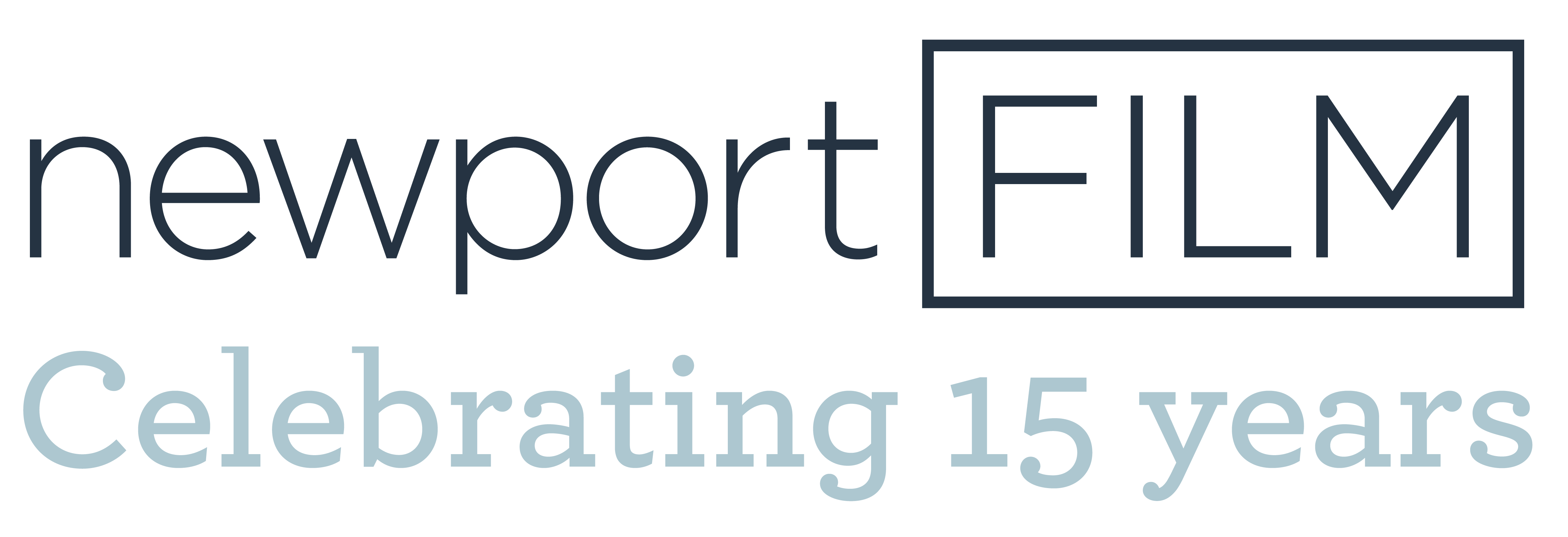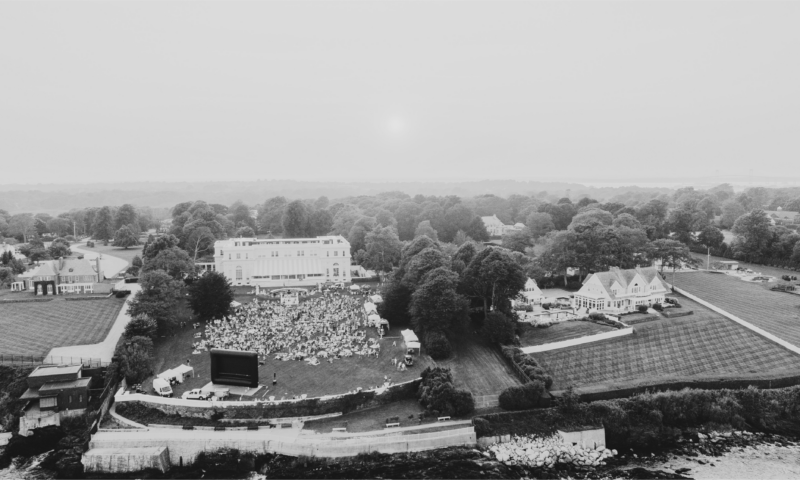This blog post is part of a summer-long series of posts written by Humanities Blogger, Kristen Costa. Check back weekly to get a fresh, informative look at the themes explored in the films we’ll be showing as part of the newportFILM Outdoors series, presented by Lila Delman Real Estate International.

Much of what we see and love on TV today is because of the early vision of Norman Lear.
This week’s film, Norman Lear: Just Another Version of You, highlights the life and work of this TV visionary and how his shows changed who we see and what they talk about on TV. He altered who and what was on American television. All in the Family, The Jeffersons, Good Times, Maude, and Sanford and Son are just a few of his most well-known and beloved TV shows that made history, became Trivial Pursuit questions, and are binge-watched to this day.
Do you watch Modern Family or Black-ish? Or maybe you grew up watching The Fresh Prince of Bel-Air (if not, you can watch it on Nick at Nite now!). Even the opening credits montage of Family Guy is an homage to Lear’s All in the Family. It’s likely we wouldn’t have these shows without the work of Norman Lear.

There are many media critics and scholars (some in the film) who have looked at Lear’s shows to dissect how he openly and honestly addressed issues of gender, race, class, and other social/political/cultural issues in the 1970s and 1980s. He was one of the first TV showrunners who put African Americans as main characters. Lear found a way to address the conversations and disagreements that were happening around American dinner tables and office water coolers and put them on TV with humor and biting wit that made it relatable to the average viewer. Lear helped people adapt to the rapidly changing world in the 1970s and 1980s by creating characters that were real that viewers could see themselves and their lifestyles.
Take All in the Family’s Archie Bunker – a character that shared many of the same racist, misogynistic views that were prevalent during the 1970s. Many people who watched the show probably knew at least one person who was just like Archie. Lear’s creation of the character allowed viewers to watch how Bunker resisted change or tried to understand his kids, their new ideas, his African American neighbor, his hippy son-in-law, and more. By making characters that reflected the TV audience, Norman Lear helped raise awareness of the various issues of the day, how to talk about them, and adapt – all with laughter and a smile.

It would be fascinating to watch TV with Norman Lear (who’s 93) and see what he makes of all the wide range of options available. It was his hard work and later activism that made the diverse casts and TV options of today available, though of course, so much more work needs to be done to make TV look more like the diverse world we live in.
For more information on this week’s Outdoor screening of Norman Lear: Just Another Version of You, visit bit.ly/NormanDoc.
The Humanities Blog Series is made possible through major funding support from the Rhode Island Council for the Humanities, an independant affiliate of the National Endowment for the Humanities. The Council seeds, supports, and strengthens public history, cultural heritage, civic education, and community engagement by and for all Rhode Islanders.




